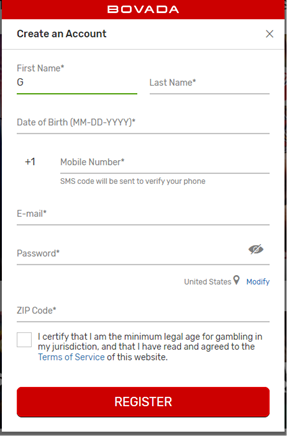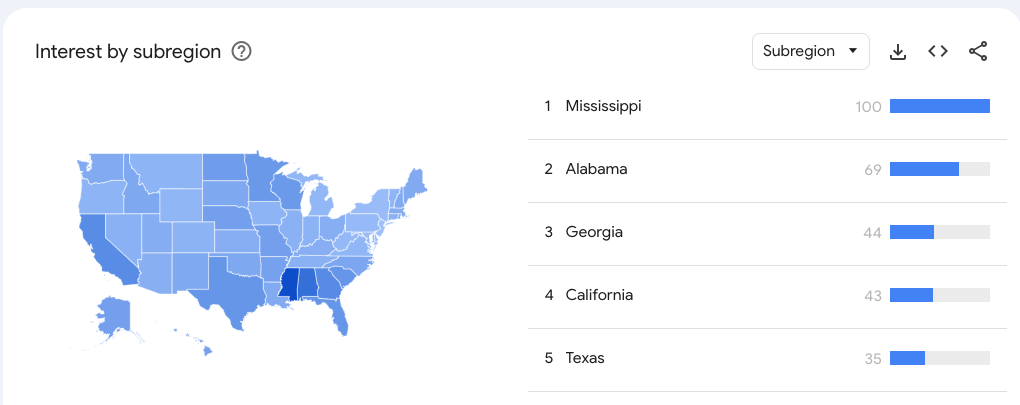Meanwhile, the Washington Post reported how a different type of unauthorized and unregulated “social” sports betting app – Fliff – is marketed to teens. Like unregulated offshore sports betting apps, Fliff uses loopholes to skirt U.S. sports betting laws that protect minors and ensure responsible play.
“Signing up is, by design, relatively easy. After downloading the app, users need only fill in a few fields and then click a box certifying they are at least 18. No ID or age verification is required,” the Post wrote.
The Post notes these apps are “being marketed in some places as ‘suitable for ages 13 and up’ and easily downloaded by even younger users.”
While experts have criticized unregulated providers like Bovada and Fliff for their ease of access to youth, the same experts credit the protections in place on legal, regulated sports betting providers such as DraftKings, FanDuel, BetMGM, and Fanatics that ensure minors don’t gain access.
“Legalized, regulated online gambling in the U.S. has done a very good job of protecting underage kids from accessing sites,” National Council on Problem Gambling chief Keith Whyte told reporters in 2022. “Tech tools in place are sophisticated, robust, and any number of regulators in the U.S. check these things regularly. I’m not aware of any significant breaches by kids.”
States that have created a regulated sports betting marketplace have seen huge decreases in web traffic to unregulated sports betting apps. It’s why leaders and parents across Texas are pushing to join the 36 states that have created a legal, regulated sports betting market and take on illegal sports betting that leaves minors vulnerable.

